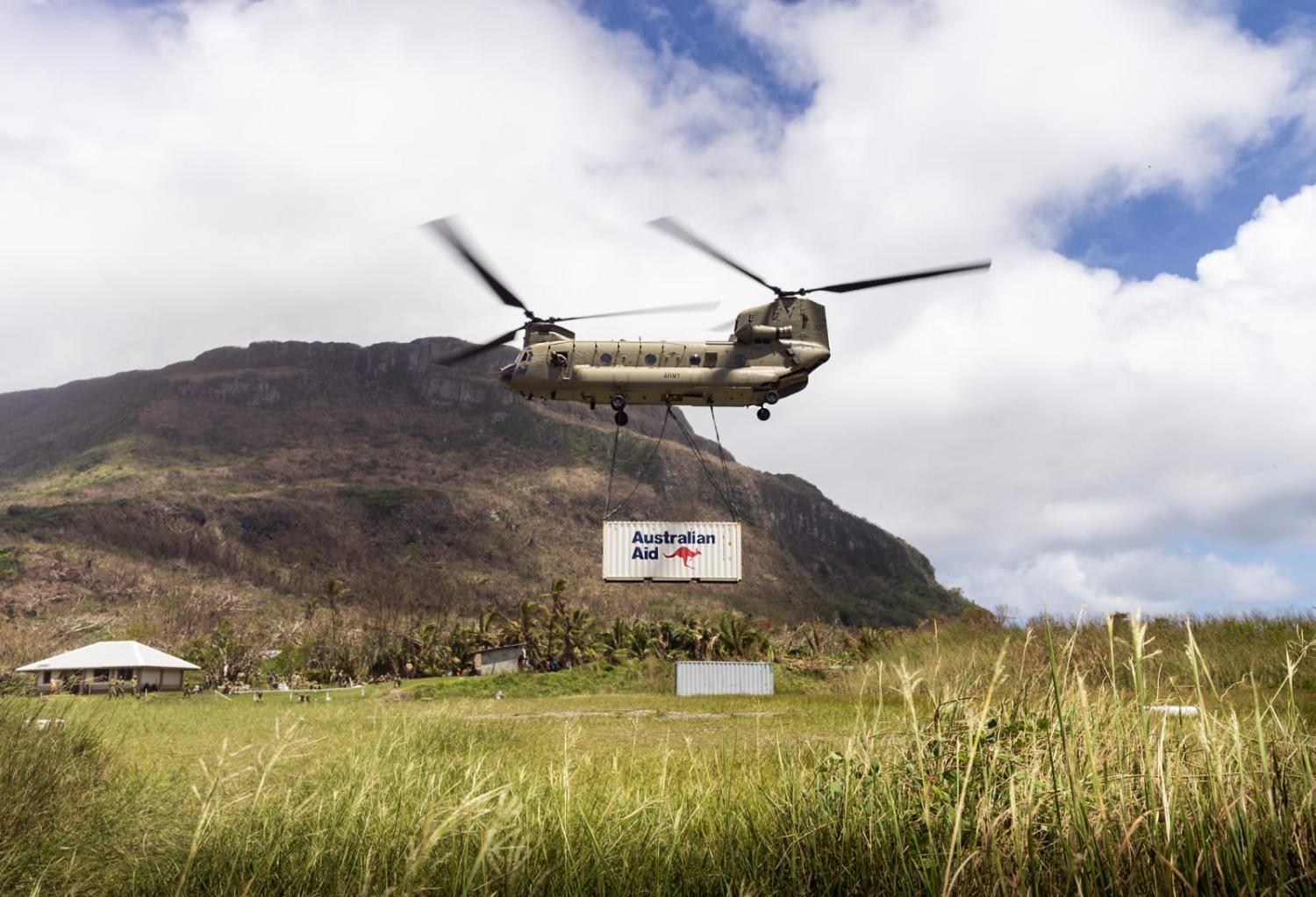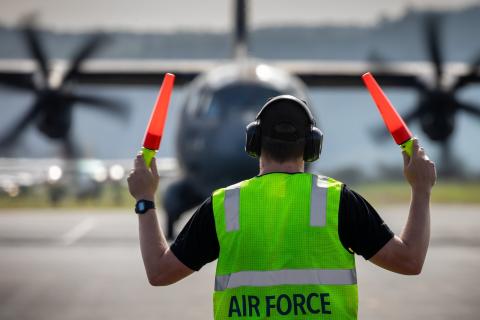Other than times of extreme crisis, (e.g., the Second World War), neither Australia or the surrounding South Pacific region has been threatened with military coercion. But with changes in capabilities and posture, it is timely that Australia has in recent years again pivoted towards the Pacific, extending policies that build on existing institutions to better integrate with its “Pacific family”.
Australia has always been invested in the South Pacific through diplomacy, aid, economic activity, humanitarian aid and disaster relief (HADR). How much effort has waxed and waned over decades was usually based on where Australia’s focus has been required at any point in time. This has led to Australia building a significant amount of soft power within the region. Yet the vast area of overlapping interest across the Pacific region, tied with a complex array of nations making up that area, all with strong national identities, needs and interests, makes this an enormous challenge.
In what is aptly described by academic Joanne Wallis as an “increasingly crowded and complex geopolitical environment in the South Pacific”, Australia’s policymakers must do as much as possible to strengthen the country’s position in the region. The military side of this challenge has been brought into focus in recent weeks with the release of the Defence Strategic Review. Much of the review’s focus is on a belief in long range strike capability to ensure Anti-Access/Area Denial (A2AD). However, given range limitations versus a competitor’s range advantage, Australia will require invitations from neighbouring nations in order to deploy much of the recommended strike capability.
While the challenges and potential threats Australia faces in the South Pacific are real, the Pacific “Step Up” has taken a real step towards meeting those challenges, however, more needs to be done. What “more” is stronger integration between Australia and Pacific countries. The priority must be the people-to-people links if Australia is to finally put to bed any “paternalistic” and “colonialist” criticisms. The Seasonal Worker and Pacific Labour Schemes are vital for connecting people as well as providing important income to families back home, but Australia can build deeper, more meaningful ties.
This is where a welcome idea has received recent media attention, to invite citizens of Pacific Island countries to enlist in the Australian Defence Force. Security commentator Anthony Bergin first raised this proposal some years back and it recently received a positive response from Pacific Island leaders, though has yet to be adopted by government.
The benefits to Australia include strengthened people-to-people links, tighter security relationships, diversity in the ranks, soft skills such as cultural awareness and languages, in-country knowledge, which is important for HADR, as well as providing the ADF with deeper recruitment pool.
The benefits to Pacific Island countries are even more significant, including monetary remittance back home to support families and communities. ADF training would enable skills transfer back to countries which will augment vocational and tertiary educational institutions. ADF training covers many disciplines that Pacific family members may otherwise have to travel to another country to learn, including engineering, health, management and leadership skills.
These skills are vital for nation-building in developing countries. They improve health, education and infrastructure vital for small, poor nations as well as reduce the reliance on international aid and international non-government organisations. The more Australia can do to build self-sufficiency and resilience in its immediate neighbourhood the better. Having family members help each other build lasting institutions is important and hard to forget.
The values and attributes the ADF instils in servicemen and women are essential to strengthening civil institutions. These institutions will act as a bulwark against corruption and foreign interference, which will further protect Australia’s national interest. In turn having strong nations as neighbours makes Australia a stronger, more secure nation.


